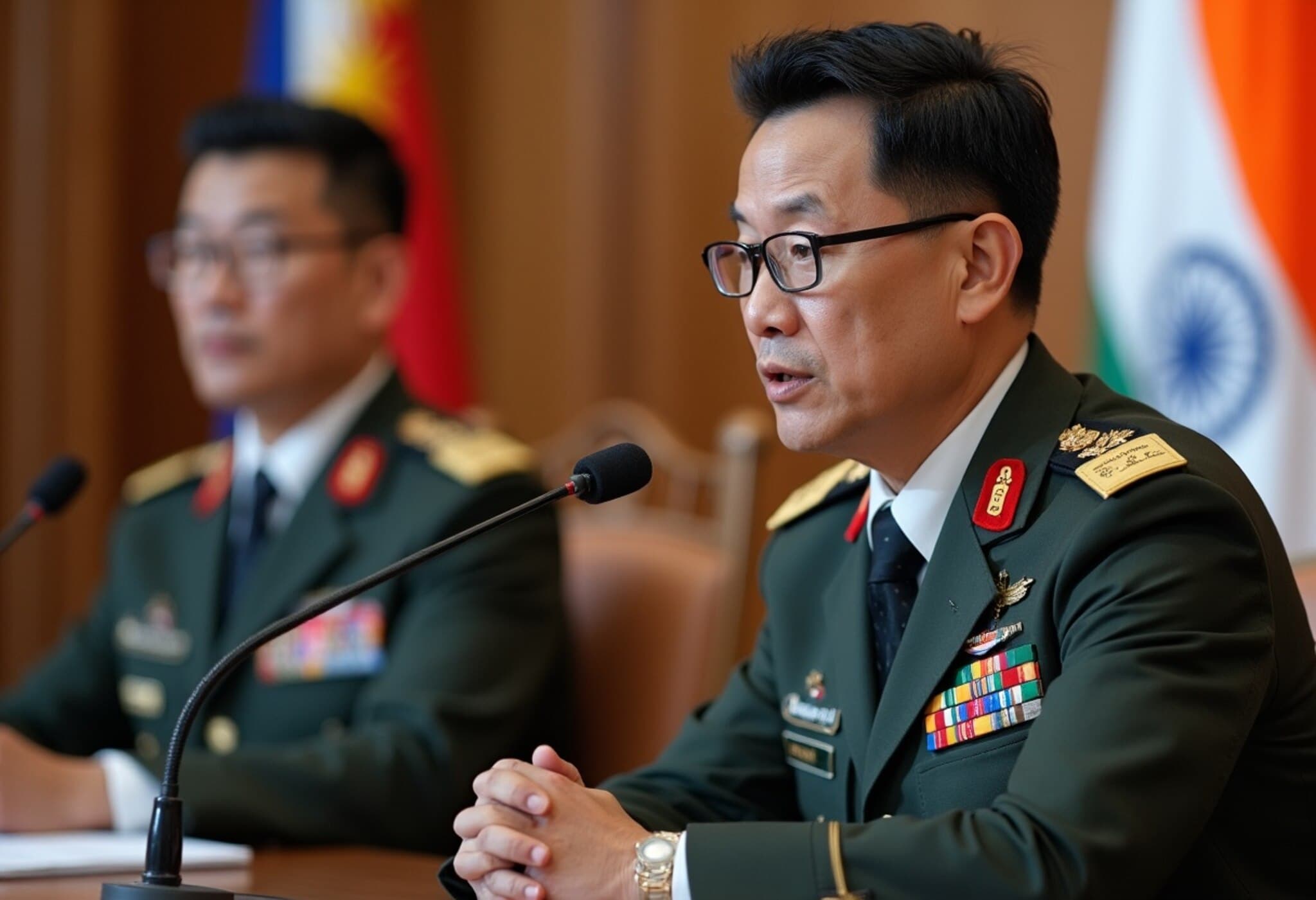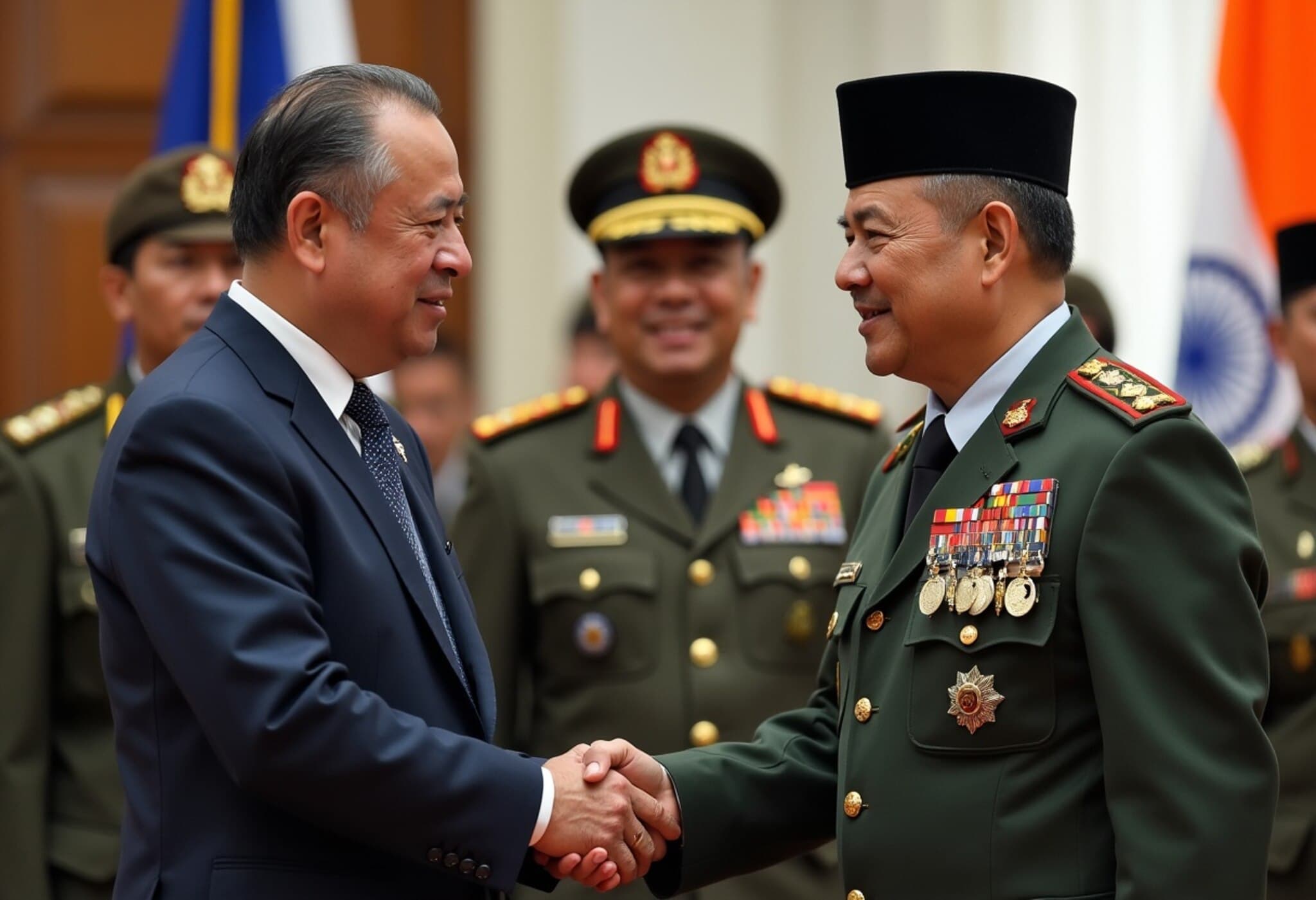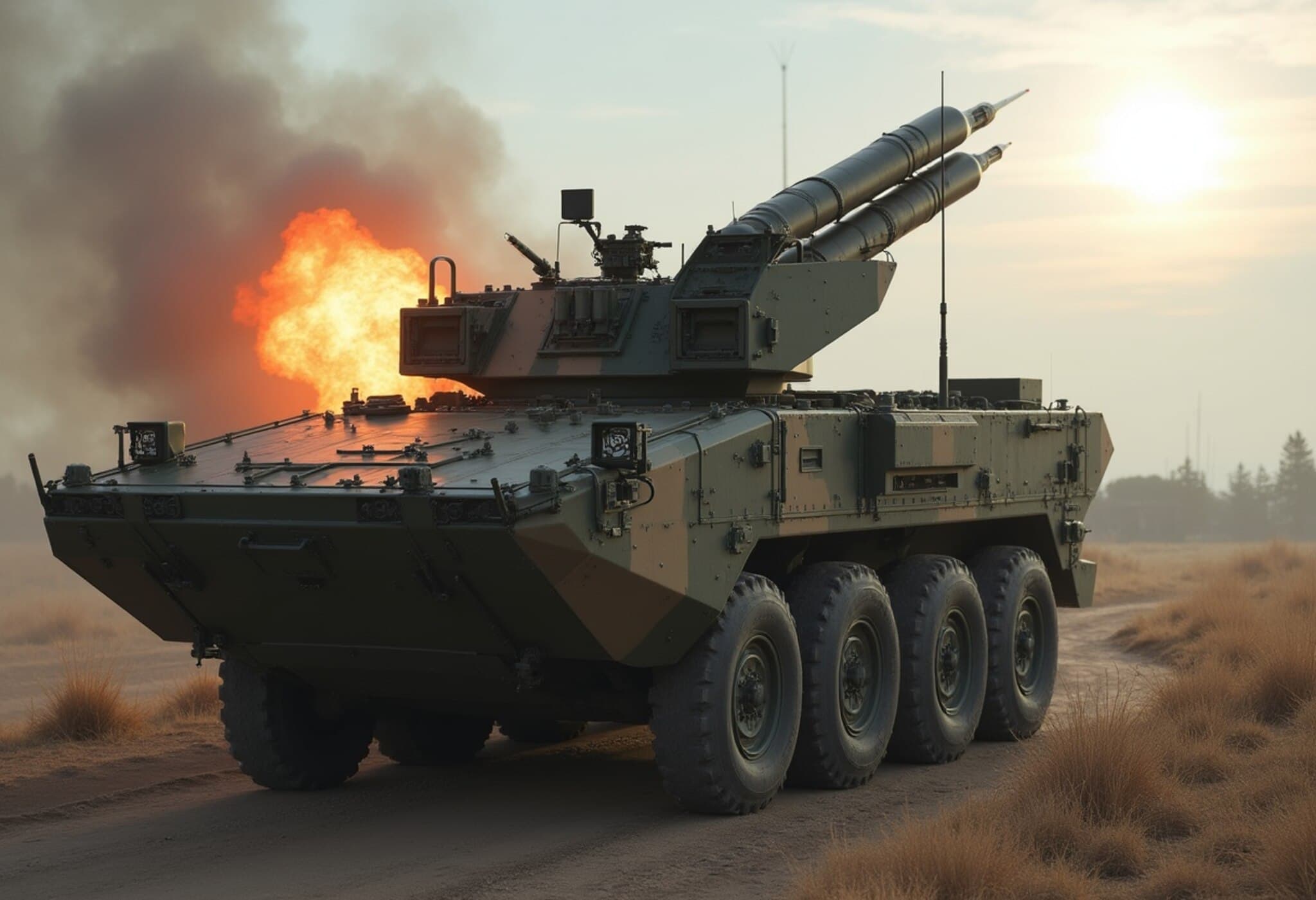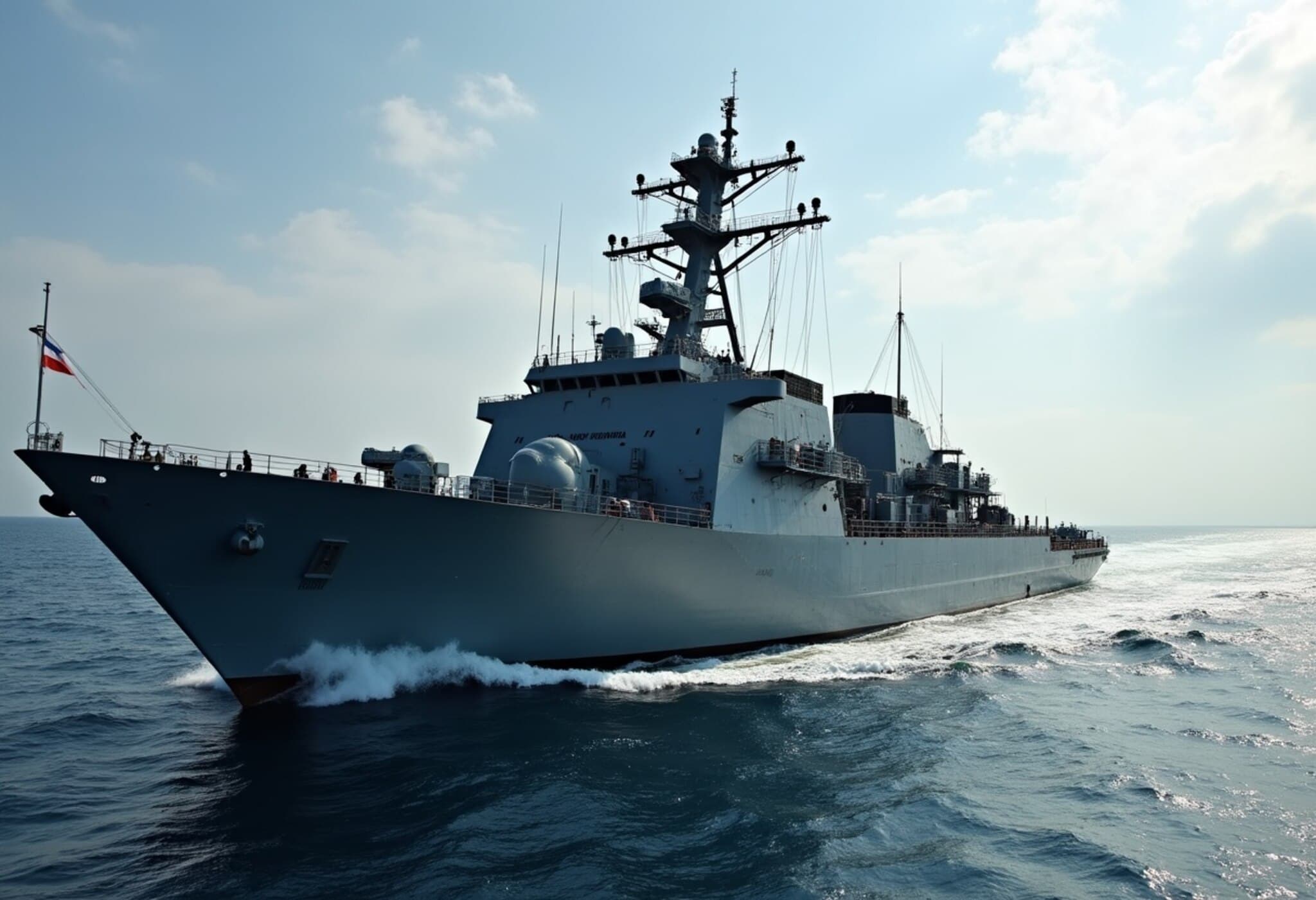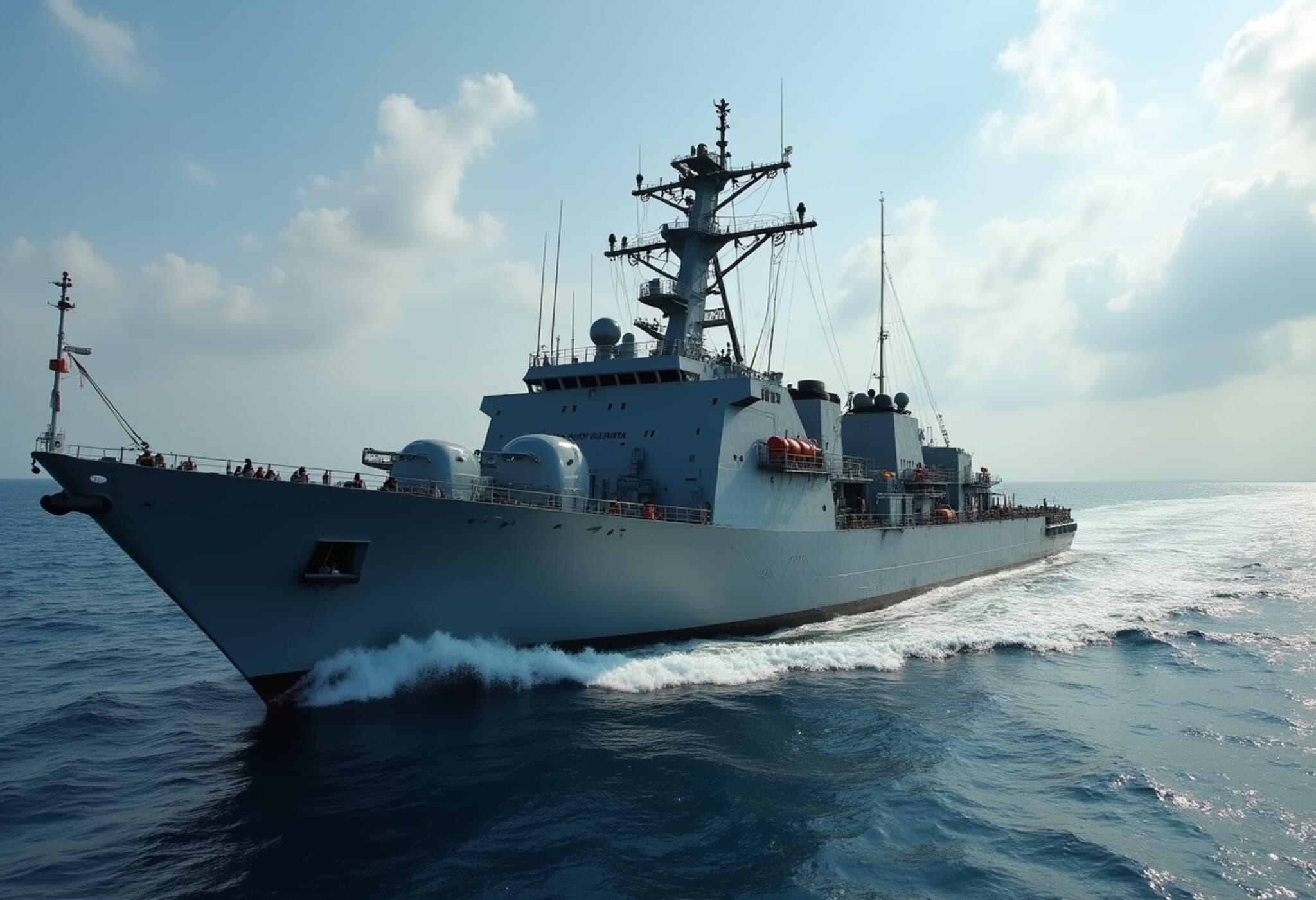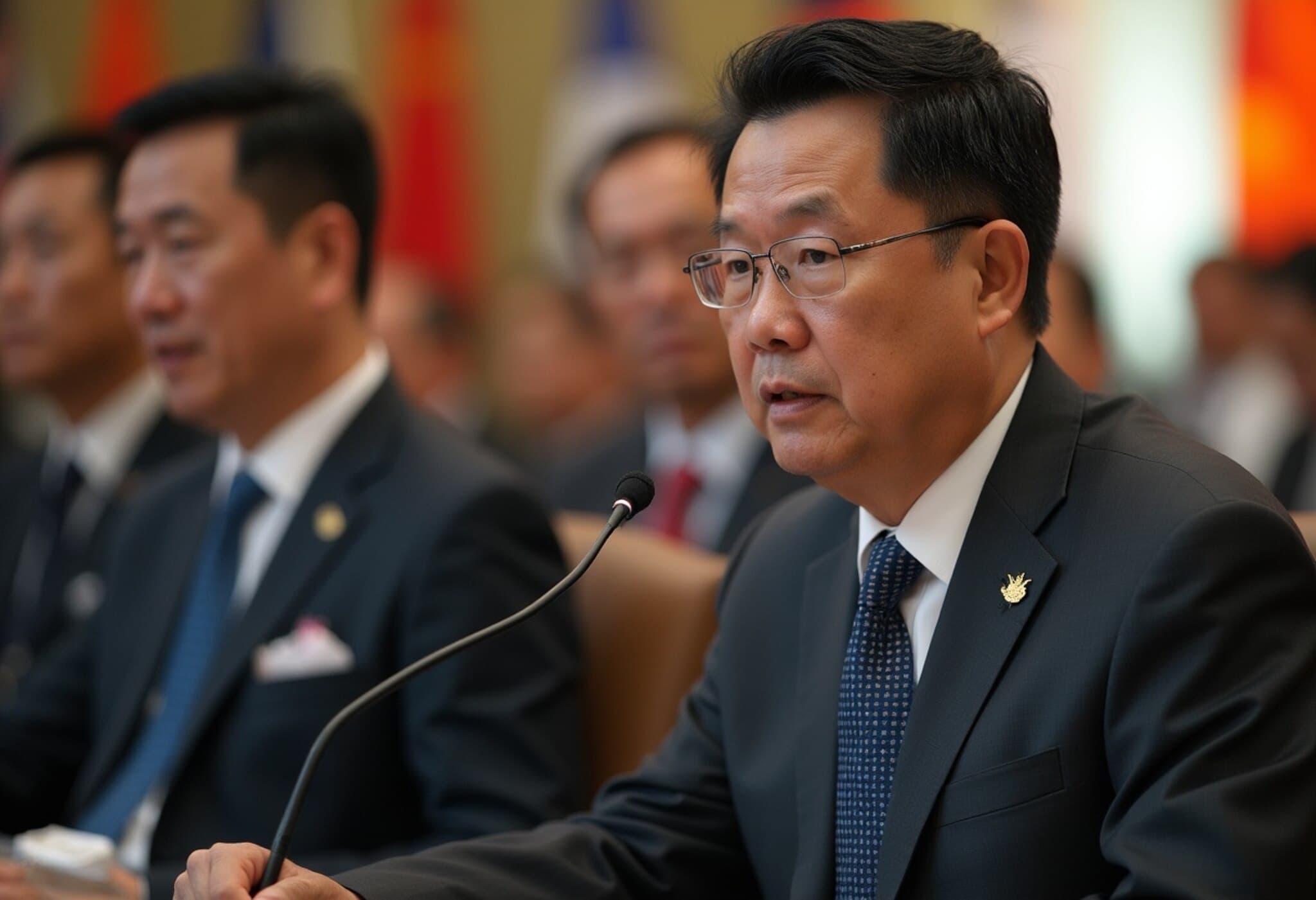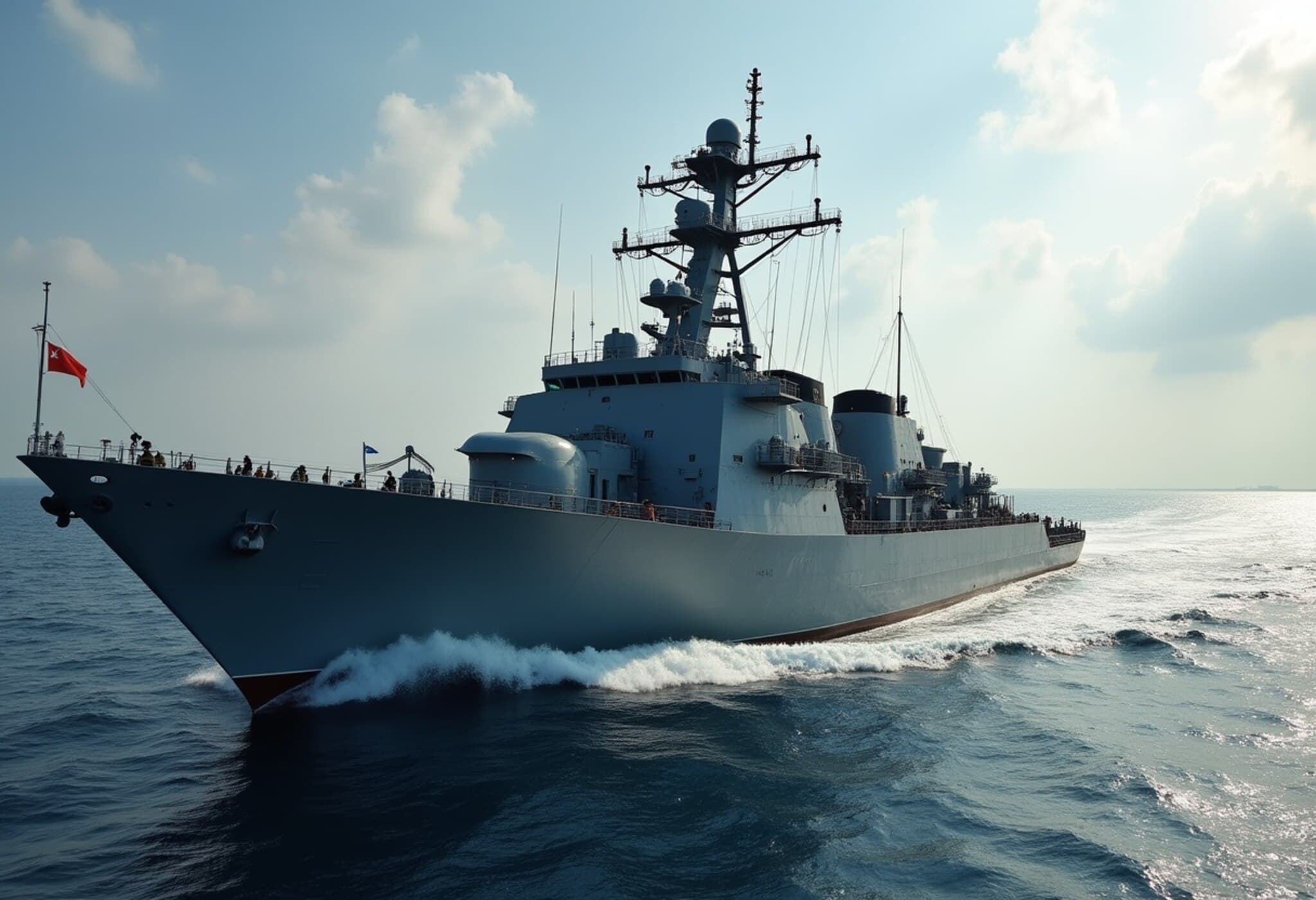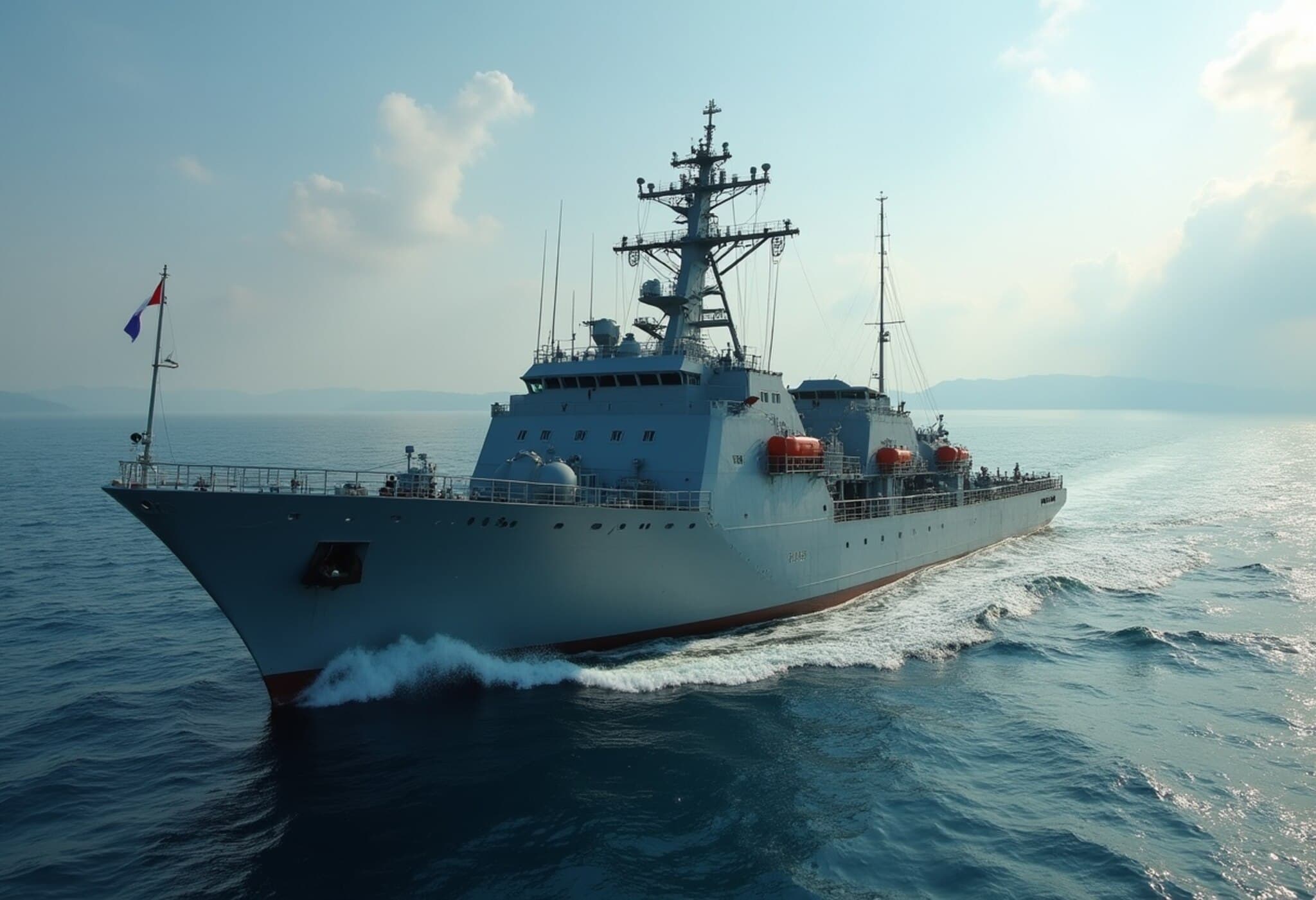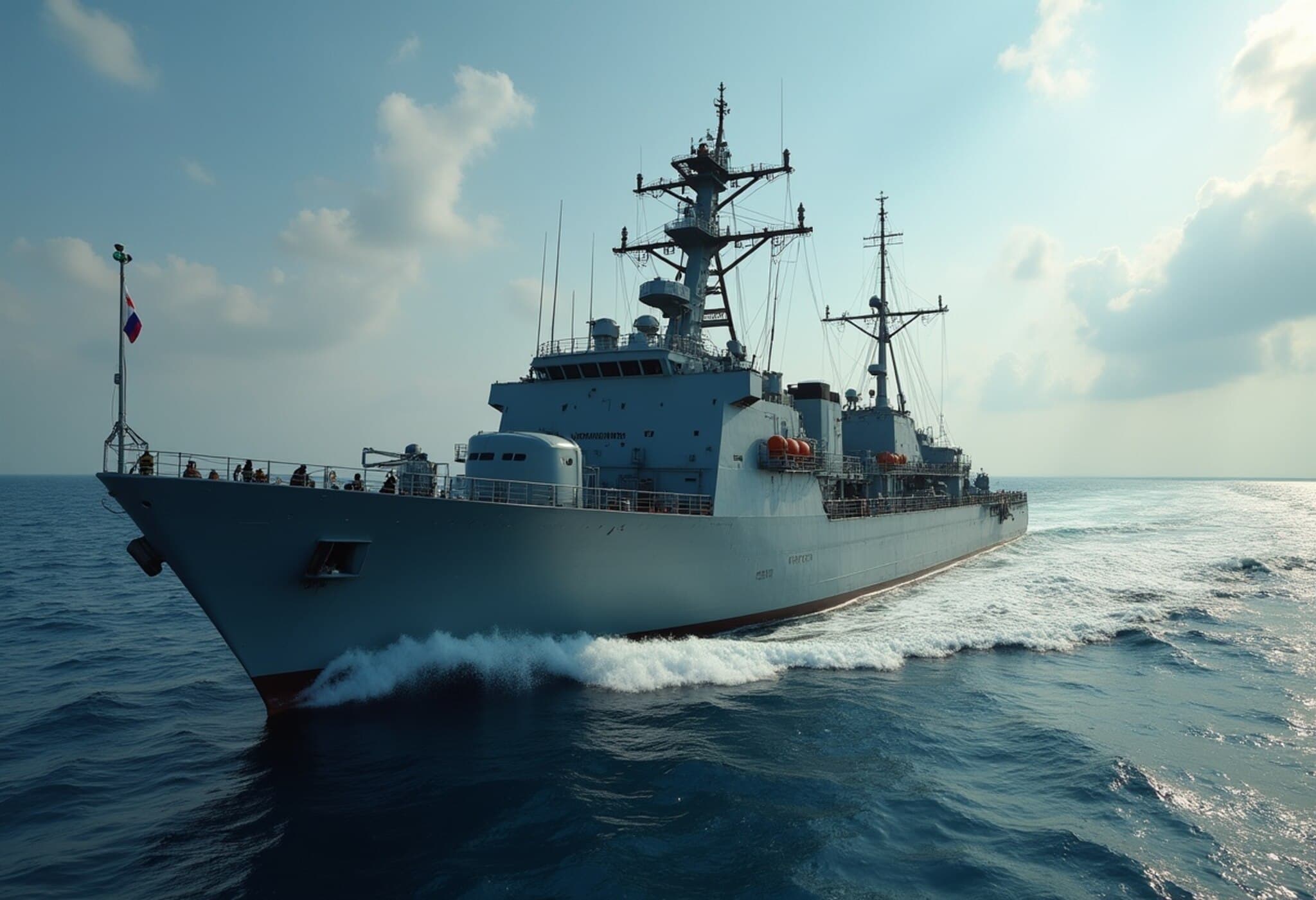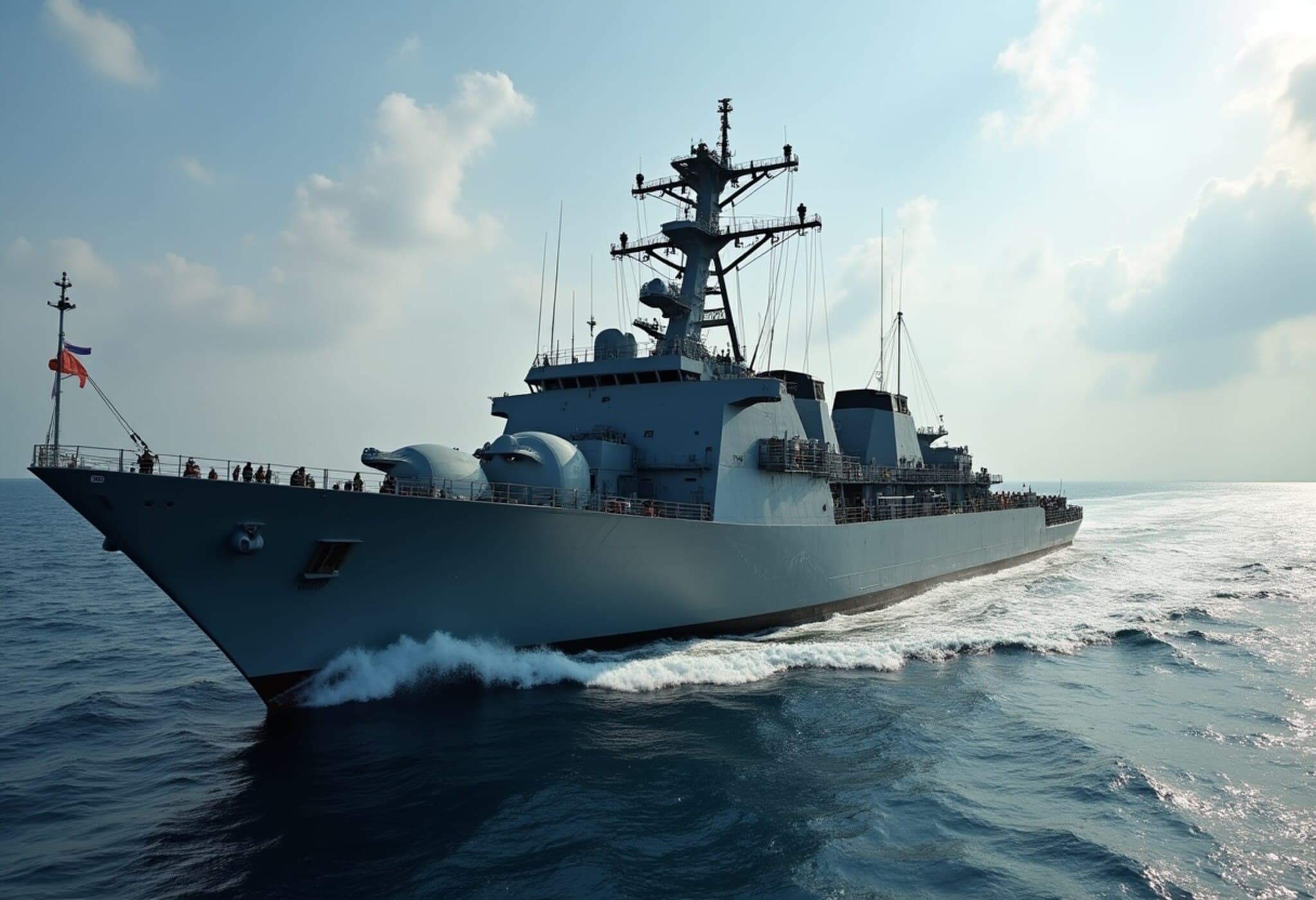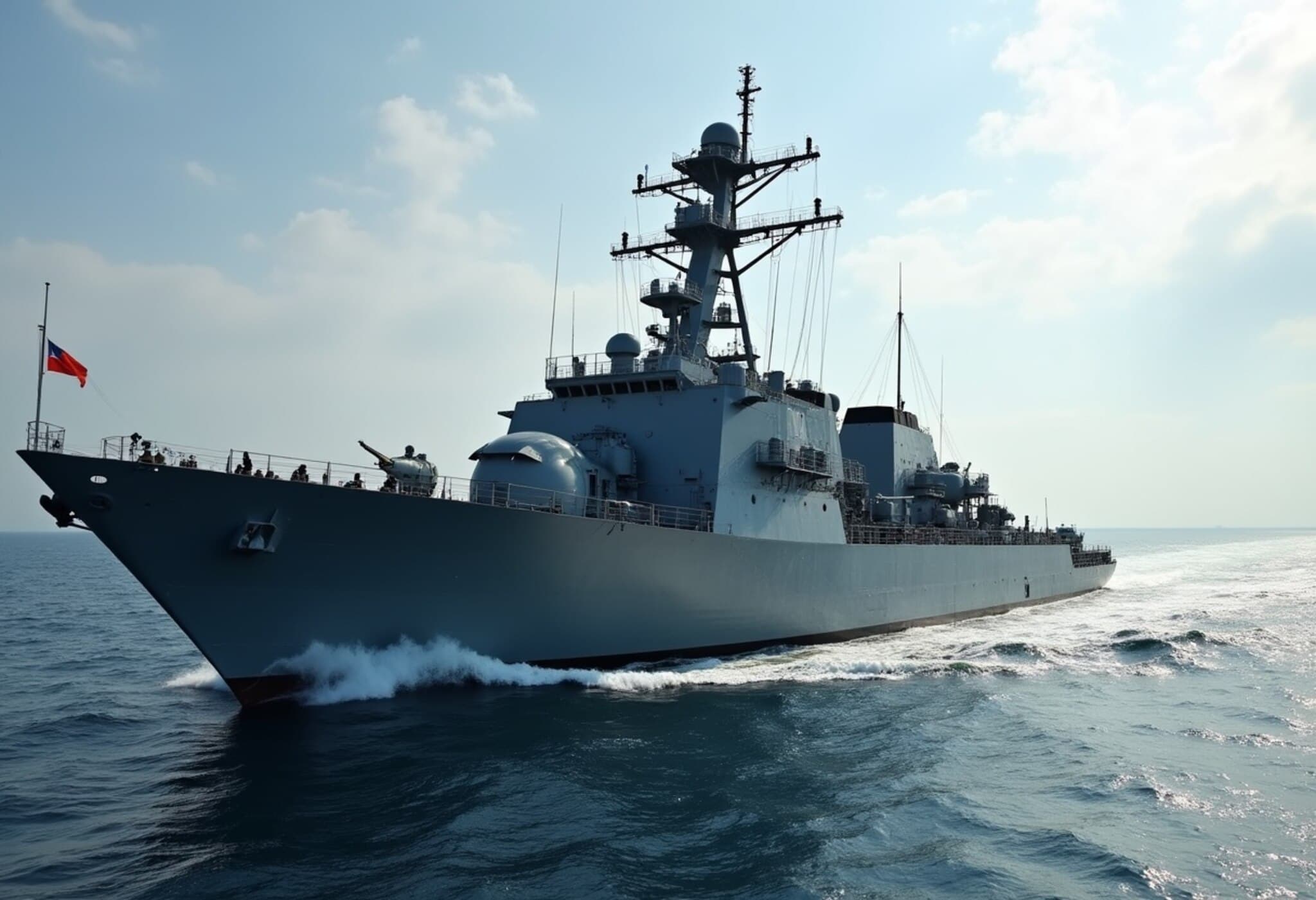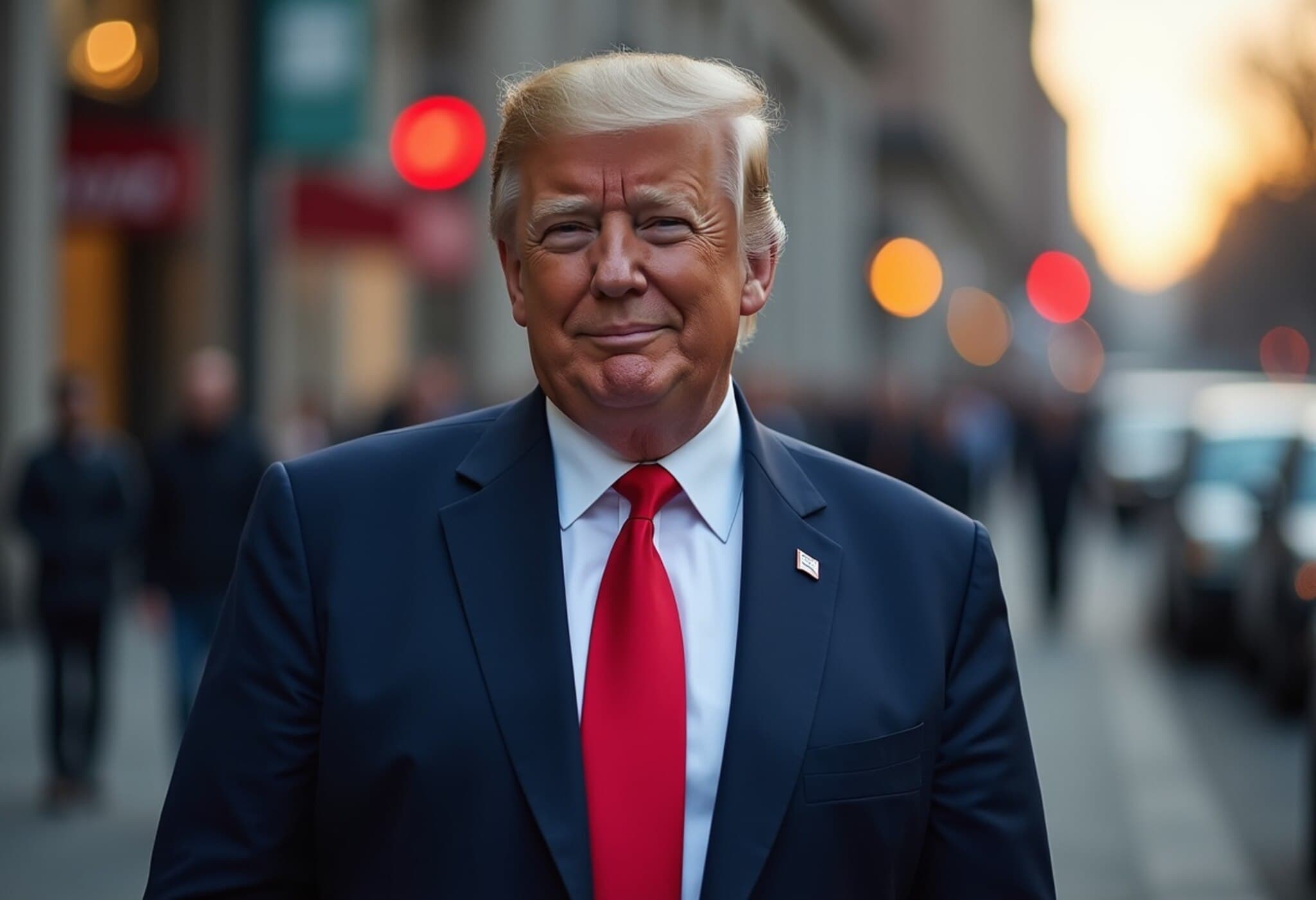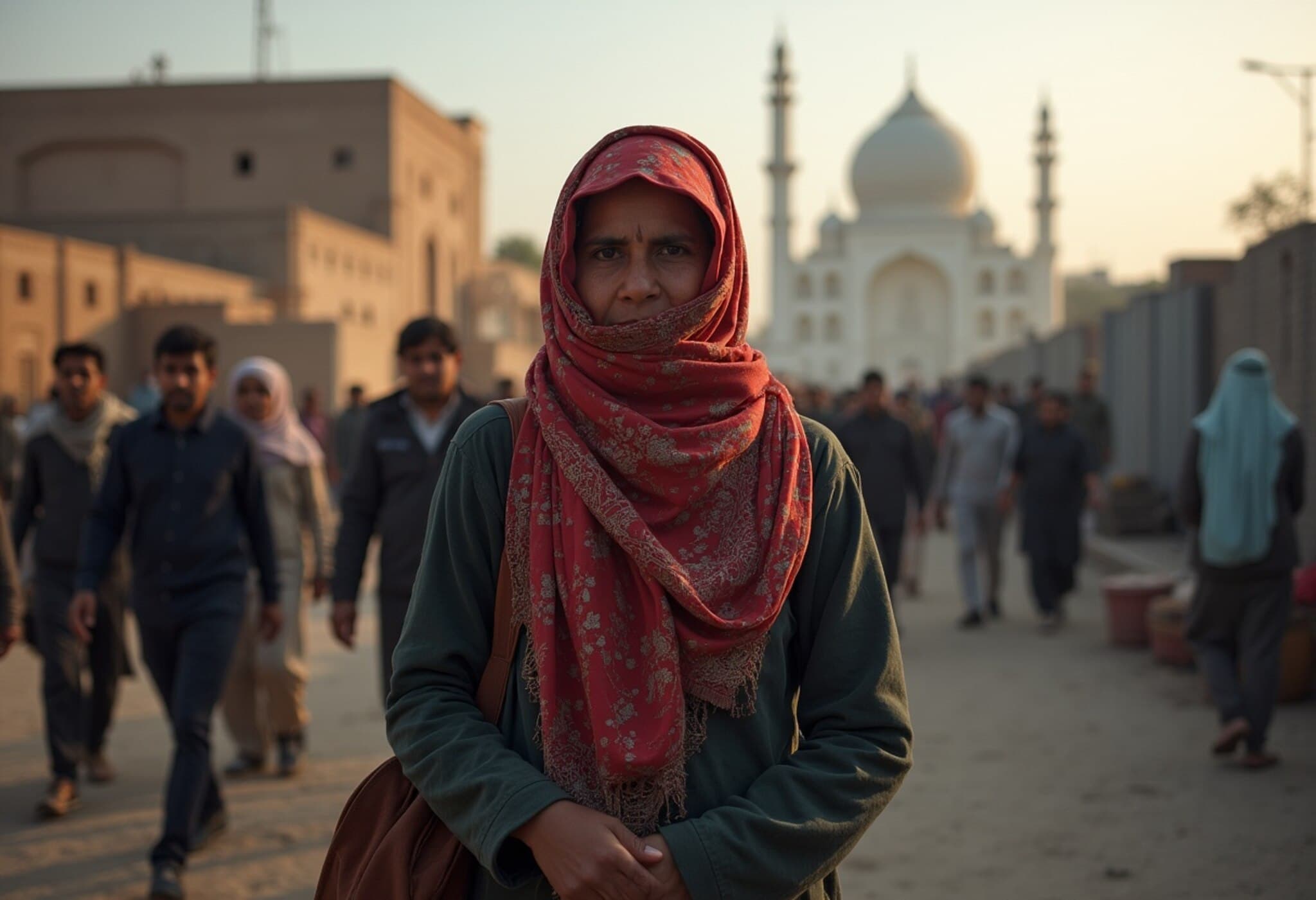Philippines Considers Deepening Defence Ties with India Amid Regional Security Challenges
In a significant development amid escalating tensions in the South China Sea, Philippines President Ferdinand "Bongbong" Marcos Jr. confirmed his country's openness to procuring additional BrahMos missile systems and other advanced Indian defence equipment. Speaking during an exclusive interview with Firstpost Managing Editor Palki Sharma during his visit to India, Marcos emphasized the strategic imperative of modernizing the Philippines’ armed forces to safeguard national sovereignty.
Strengthening Bilateral Relations: A New Strategic Phase
Marking the 75th anniversary of India-Philippines diplomatic relations, President Marcos described his visit as "very productive," underscoring that both nations are embarking on a new era of strategic partnership. "We are reacting to the challenges we are getting," Marcos asserted candidly. "It is my duty to defend the country." The president’s remarks reflect Manila’s intent to upgrade its military capabilities, aligning equipment to be interoperable with allied forces to better navigate regional security dynamics.
Expanding Defence Acquisitions: Exploring All Options
When questioned about possible defence procurements, Marcos reiterated that "everything is on the table," including fighter jets, naval platforms, and notably, the BrahMos supersonic cruise missile system. He confirmed ongoing talks with Indian counterparts to delve into operational nuances observed during recent conflicts involving BrahMos. This move illustrates Manila’s commitment to bolstering deterrence amid China's assertive maneuvers in contested waters.
Shared Concerns Over Regional Stability and Sovereignty
While President Marcos clarified that the Philippines is "not preparing for war," he stressed the need for enhanced military readiness in light of China's unilateral actions in the South China Sea. "We are not against anyone. We are for defending our territory," he said emphatically. Highlighting the dangers of potential miscalculations, Marcos warned of the risks posed by “some guy pressing the wrong button,” and advocated for robust communication channels to avoid inadvertent escalation.
Calls for a Coalition Upholding International Law
Recognizing that complex geopolitical challenges transcend any single nation's capacity, Marcos underscored the urgency for a coalition of like-minded democracies committed to upholding global norms and the rule of law. He welcomed India’s growing presence in the Indo-Pacific as a positive force that reinforces peace and security, noting the economic implications of instability in one of the world's busiest maritime corridors.
India: Trusted Partner in Defence and Beyond
On India’s role as a key defence supplier, Marcos expressed confidence in the quality and performance of Indian military technology. "I have no doubt," he said. This affirmation comes as India and the Philippines ratify plans to elevate their relationship to a Strategic Partnership, focusing on enhanced defence cooperation, trade, and closer diplomatic engagement.
Balancing Act: Navigating China Relations Pragmatically
While China inevitably featured in discussions with Prime Minister Narendra Modi, Marcos clarified that the Philippines’ alliances are autonomous and pragmatic. “We are not a puppet state,” he asserted, emphasizing Manila’s sovereignty-focused approach. Despite the growing risk of conflict in the broader region, including the Taiwan Strait, Marcos emphasized a strong preference for peace and dialogue but reaffirmed that the Philippines would resolutely defend territorial integrity.
Economic and Diplomatic Milestones
Beyond defence, India and the Philippines have significantly deepened economic ties. Bilateral trade surged to USD 3.5 billion in 2023-24, spanning sectors such as IT, healthcare, pharmaceuticals, textiles, infrastructure, and agriculture. Indian companies have made robust inroads in the Philippine market, contributing to job creation and technological exchange.
In a diplomatic gesture enhancing people-to-people links, Prime Minister Modi announced that India will offer free e-visas to Filipino tourists, reciprocating the Philippines' visa-free entry policy for Indian nationals.
Expert Analysis: Strategic Implications for the Indo-Pacific
As Beijing intensifies its maritime claims, smaller countries like the Philippines are recalibrating their security postures to preserve sovereignty without escalating tensions. The decision to engage India’s defence industry, especially to procure the versatile BrahMos missile system, is emblematic of Manila’s pragmatic strategy to diversify its military partnerships beyond traditional allies.
This approach aligns with broader US-India-Philippines trilateral ties aimed at promoting a free and open Indo-Pacific. The Philippines' nuanced balancing act between asserting rights and maintaining diplomatic ties with China reflects a growing understanding of multi-vector diplomacy in a multipolar world.
Looking Forward: Challenges and Opportunities
- Modernization Drive: Effective integration of imported systems with existing military architecture will be critical.
- Regional Cooperation: The potential for joint military exercises and information sharing could strengthen collective deterrence.
- Economic Linkages: Continued growth in bilateral trade could complement defence ties, strengthening comprehensive strategic partnership.
- Risk Management: Managing tensions with China without provoking conflict remains a delicate task.
Editor’s Note
The Philippines’ openness to expanding defence cooperation with India signals a pivotal shift in Southeast Asian security calculations amid rising Indo-Pacific volatility. It raises important questions about how smaller regional powers can leverage diversified partnerships to navigate great power rivalry and safeguard sovereignty. As these strategic ties deepen, the next few years will reveal how effectively Manila balances deterrence, diplomacy, and economic engagement to secure its national interests in an increasingly contested region.

